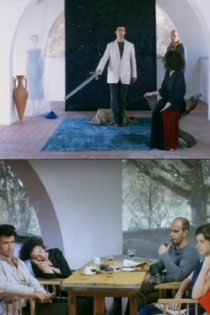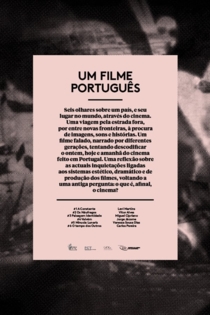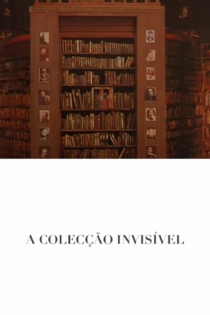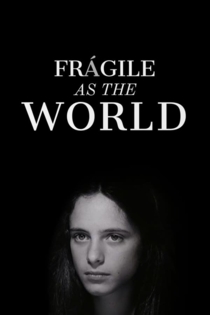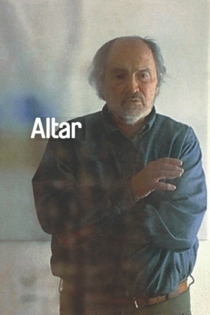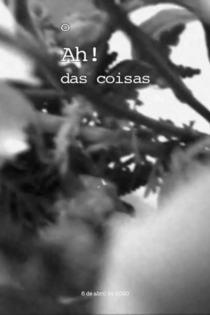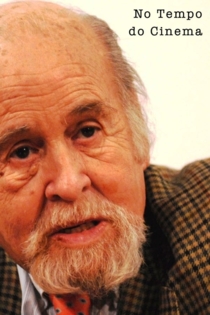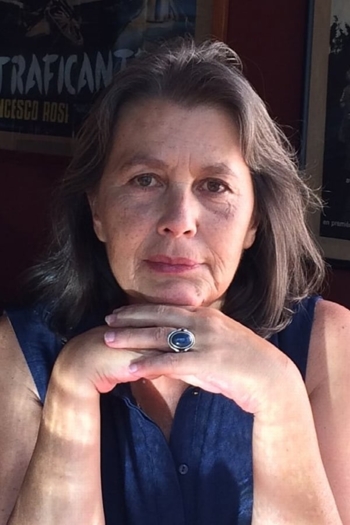
Rita Azevedo Gomes
1952 (74 года)Her career dates from the early 70s and spans cinema, theatre and opera. In 2001 she presented her work in various film festivals including Venice, Montreal, and Turin. Altar (2002) won the prize for best director at the Angra do Heroísmo international film festival and premiered in Portugal in September 2002. This was followed in 2004 by A 15ª Pedra: Manoel de Oliveira e João Bénard da Costa em Conversa Filmada, which was shown at the Marseille, Procida and Doclisboa film festivals in 2005, as well in The Ancient Art Museum and Serralves Foundation. Also in 2005, she was commissioned by Faro Capital da Cultura to direct The Conquest of Faro, which was presented at the 2005 Turin Film Festival and had its national premiere in Faro in December 2005. A Colecção Invisível (The Invisible Collection, 2009) will have its premier in Lisbon at the Cinemateca Portuguesa. Her most recent film, A Portuguesa (The Portuguese), inspired in Robert Musil’s novel Die Portugiesin, is in post-production.
A 15ª Pedra
Rita Azevedo Gomes
Manoel de Oliveira, João Bénard da Costa
Joáo Bénard da Costa, director of the Portuguese National Film Archives [deceased in 2009], interviews the dean of contemporaneous film directors [96-years-old then]. Two humanists of different philosophical backgrounds, both with their long, entire lives dedicated to culture in general (music, painting, literature) and to film in particular, discuss freely, sometimes haltingly, the director's power as a creator or a magician, the philosophy beyond particular scenes in classic movies, film technique, the importance of color, sound and music to films, art versus entertainment, and much more. Their talk takes place in a museum room, seating in front of "The Annunciation" (a 1510 oil painting by João Vaz, a Portuguese artist), which eventually leads to a discussion of 'Leonardo da Vinci', and the relationship between a trend-setter master and his disciples.
The 15th Stone
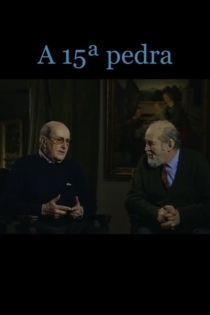
E Agora? Lembra-me
Joaquim Pinto
Joaquim Pinto, Nuno Leonel
Joaquim Pinto has been living with HIV and VHC for almost twenty years. “What now? Remind Me” is the notebook of a year of clinical studies with toxic, mind altering drugs as yet unapproved. An open and eclectic reflection on time and memory, on epidemics and globalization, on survival beyond all expectations, on dissent and absolute love. In a to-and-fro between present and past memories, the film is also a tribute to friends departed and those who remain.
What Now? Remind Me
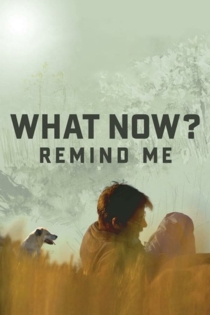
The Sound of the Shaking Earth
Rita Azevedo Gomes
José Mário Branco, Manuela de Freitas
Freely based on Gide ('Paludes') and Hawthorne ('Wakefield'), this is a film about a writer who never wrote anything and who blows at nightfall the breath of frost. The poem by Carlos Queiroz to which the above sentences belong is not cited in 'O som da Terra a Tremer', but the atmosphere is that, between written letters never received. Fiction within fiction, stories within stories, like those Chinese boxes in which there is always one inside another. Or the two margins of the same river, always being lateral.
The Sound of the Shaking Earth
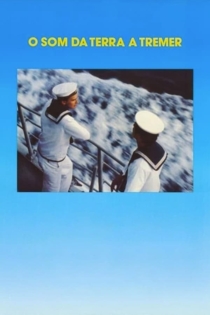
O Construtor de Anjos
Luís Noronha da Costa
Agostinho Alves, Mafalda de Mello e Castro
Gothic film in a monastery, where sensual monks murder the children they receive, with images of fantastic, painted from the author own painting and also from the Hammer films and the Saxon plastic tradition of romanticism.
O Construtor de Anjos
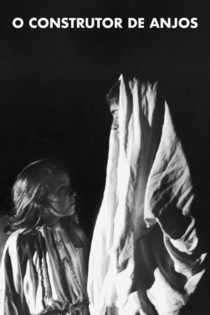
Danses macabres, squelettes et autres fantaisies
Pierre Léon, Jean Louis Schefer
Jean Louis Schefer, Acácio de Almeida
Two film directors and a writer are in Portugal for an expedition through various images, moments from the history of Western allegorical representation. The writer is Jean-Louis Schefer, and this tale encapsulates his life’s mission.
Danses Macabres, Skeletons, and Other Fantasies
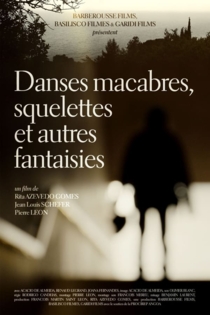
A Portuguesa
Rita Azevedo Gomes
Clara Riedenstein, Ingrid Caven
North of Italy, the von Kettens dispute the forces of the Episcopate of Trent. Herr Ketten seeks marriage in a distant country, Portugal. After their honeymoon journey back home, Ketten leaves again for the war. Eleven years elapsed… Rumours are running about the presence of that 'foreigner' in the castle. Some say she's a heretic. Until one day, the Bishop of Trento ends up dying and, with the signature of peace, falls the background of von Ketten's life. Will the Portuguese win, where death seems to be moving in?
The Portuguese Woman
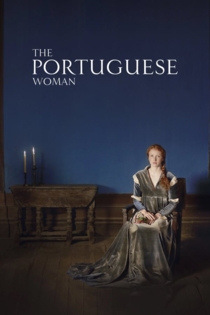
A Woman's Revenge
Rita Azevedo Gomes
Rita Durão, Isabel Ruth
Roberto is one of those men to whom simulation has become the greatest art. He is an unmoved, inscrutable, mysterious man. But the truth is that Robert feels an intimate, deep tedium. The boredom of those who have already exhausted all the pleasures of life. The only thing still surprising him is the fact that nothing surprises him anymore. One evening he has an overwhelming encounter with a woman. For his own bewilderment, he discovers the sublime horrors in which the woman has sank.
A Woman's Revenge
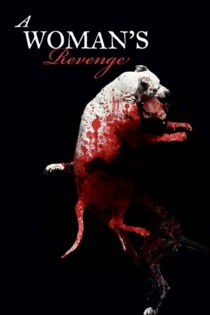
Correspondências
Rita Azevedo Gomes
Eva Truffaut, Pierre Léon
Jorge de Sena was forced to leave his country. First he moved to Brazil, and later to the USA. He never returned to Portugal. During his 20-year-long exile, he kept an epistolary correspondence with Sophia de Mello Breyner Andresen. These letters are a testimony of the profound friendship between the two poets, letters of longing and of desire to “fill years of distance with hours of conversation”. Through excerpts and verses, a dialog is established, revealing their divergent opinions but mostly their strong bond, and their efforts to preserve it until their last breaths.
Correspondences
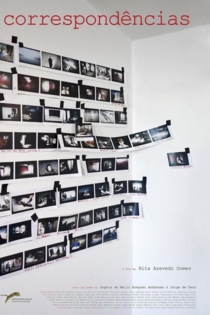
A Conquista de Faro
Rita Azevedo Gomes
Rafael Almeida, Leonor Baldaque
Arriving in a hotel in the city of Faro, a couple learns there are no available tables left. When another couple agrees to share a table, they spark a conversation on the city’s history, unfolding the tales of King Afonso III, who betrays his wife, and of a Moorish woman, who betrays her father.
The Conquest of Faro
